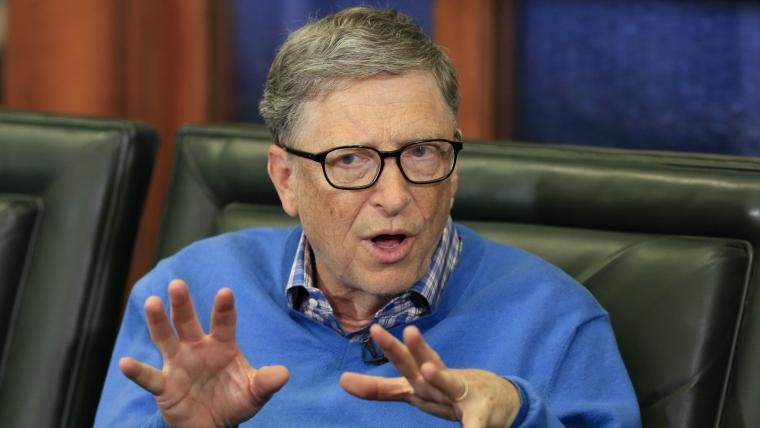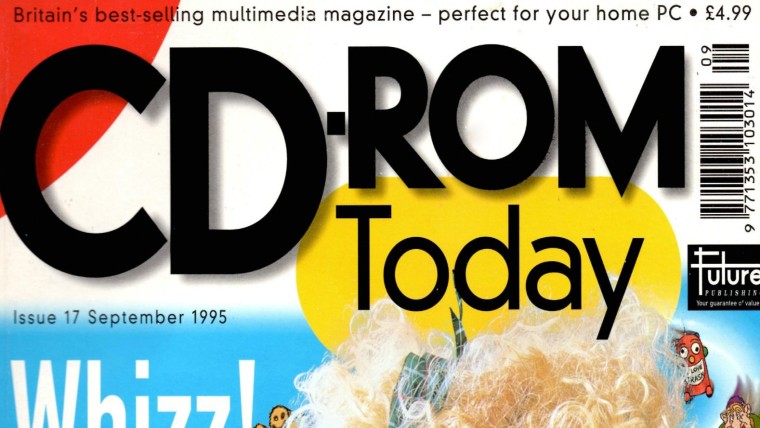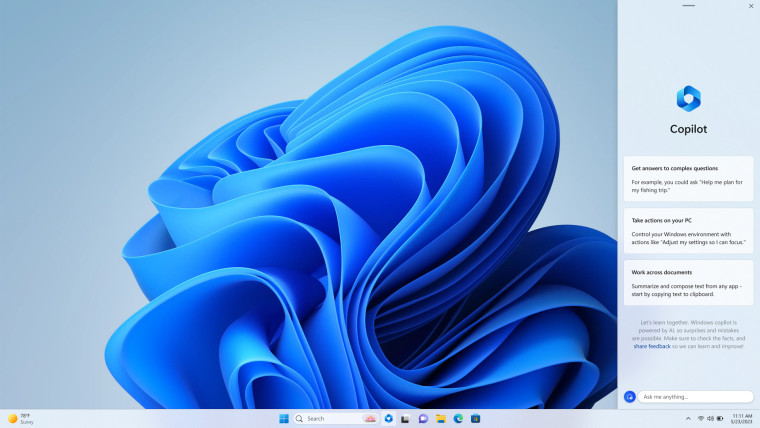1995 was a true inflection point for the consumer use of the internet. Two years beforehand, the Mosaic web browser launched and quickly became a popular application. Companies and individuals started building web sites that offered all sorts of content online.
That included a web directory that launched in early 1994 that was later renamed Yahoo. In late 1994, the even more popular Netscape browser launched. Suddenly, the internet was not something you accessed in a college computer room but anywhere a PC was present.
In the middle of all this was Microsoft, which was planning to launch its huge Windows 95 OS update late in 1995. However, 28 years ago today, on May 26, 1995, Microsoft's employees suddenly got orders from its then-CEO Bill Gates to put all of the company's energies towards making products that use the internet.
Gates' memo was titled simply The Internet Tidal Wave, and it remains one of the most famous business memos in history. Gates stated that a combination of factors, including the increased use of the PC, better internet infrastructure, and faster online networks, would help reduce the cost of internet connections for both businesses and consumers.
Gates felt that those factors meant that the rise of the internet and its effects on the PC hardware and software industry would not just have a big impact on Microsoft, but perhaps the biggest impact on the company ever:
I have gone through several stages of increasing my views of its importance. Now I assign the Internet the highest level of importance. In this memo I want to make clear that our focus on the Internet is crucial to every part of our business. The Internet is the most important single development to come along since the IBM PC was introduced in 1981. It is even more important than the arrival of the graphical user interface (GUI).
Gates's memo made a lot of predictions that became true. He correctly said that "virtually every PC will be used to connect to the Internet and that the Internet will help keep PC purchasing very healthy for many years to come". He also predicted that faster broadband internet speeds would allow people to speak to each other via video chats.
He also saw that the CD-ROM software business would be "dramatically affected by the Internet". At that time it was just starting to take over from the floppy disk as a way to distribute software. Indeed, it wouldn't be long before that industry would disappear.
Ultimately Gates wrote that Microsoft's products, and the way it would distribute and support its software, would change drastically:
The next few years are going to be very exciting as we tackle these challenges are opportunities. The Internet is a tidal wave. It changes the rules. It is an incredible opportunity as well as incredible challenge I am looking forward to your input on how we can improve our strategy to continue our track record of incredible success.
Microsoft still made some mistakes during this transition period to use the internet. It had the opportunity to become the leading search provider, but it lost out to Google, which launched in early 1998. Apple saw the need for an internet-based store for music and video downloads that turned into iTunes.
However, Microsoft managed to keep going with its internet-centric plans. It even managed to stay in business after a US federal judge ordered Microsoft to be broken up into two companies in 2000 for alleged anticompetitive activities. That never happened as Microsoft entered a settlement with the US government in 2001.
28 years later, Microsoft seems to have moved into another inflection point in its business, as it fully embraces what AI can do for search, operating systems, productivity software, and more. At Build 2023 this week, a large amount of its developer announcement centers on AI products, particularly its Windows Copilot AI assistant will launch later this year.
Of course, just like it had when it put its emphasis on the internet in 1995, Microsoft will have competitors, particularly its biggest rival Google, in this new AI era. We should learn soon if Microsoft made the right move in embracing AI, as it did with with the "internet tidal wave".
Bill Gates' "Internet Tidal Wave" memo 28 years ago today sounds like Microsoft's AI push



3175x175(CURRENT).thumb.jpg.b05acc060982b36f5891ba728e6d953c.jpg)



Recommended Comments
There are no comments to display.
Join the conversation
You can post now and register later. If you have an account, sign in now to post with your account.
Note: Your post will require moderator approval before it will be visible.